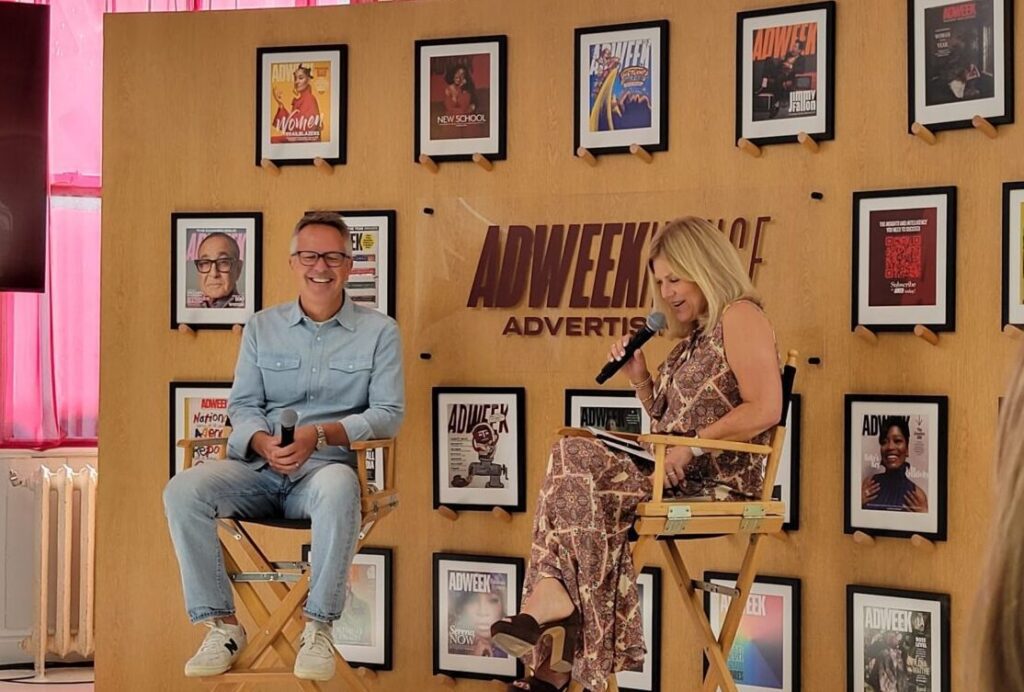By Andrew Field
With advancements in digital technology, consumers have the ability to be “tuned in” at all hours of the day. They have access to email, websites, and social media—regardless of their physical location. Ironically, this group of intentionally “tuned in” people can quickly become involuntarily “tuned out” by the sheer volume of digital interactions and their fleeting nature.
So, how do you reach customers in a way that will cut through the digital noise? Adding tactile marketing to your existing digital strategies is a proven strategy to increase the overall effectiveness of your marketing investment. Tactile marketing has higher retention and response rates, with 79 percent of consumers acting on a brand’s direct mail piece immediately, according to a Print in the Mix survey.
When the Gap wanted to add a personalized, memorable component to its expansive holiday campaign, it turned to San Francisco-based startup Sincerely. Using Sincerely’s Postagram Direct app, consumers could send Facebook photos in the form of a postcard to friends and family. Sincerely founder Matt Brezina said, “Brands can associate themselves with engaging content (photos) by turning it into a permanent memory via a less noisy channel.”
A Seamless Solution to Sending Tactile Marketing
By using an on-demand printing API, you can seamlessly access print fulfillment directly from your marketing automation platform. Clients can manage, track, and report on tactile marketing initiatives in the same way they manage digital campaigns. Sending physical pieces such as direct mail, Every Door Direct Mail (EDDM), postcards, promotional items, and corporate gifts is as easy as sending an email.
Research shows that 67 percent of Americans prefer printed materials to digital, and bringing the conversation offline through tactile marketing creates a stronger bond with customers and prospects than digital outreach alone.
Trigger Tactile Marketing to Add Weight to Digital Campaigns
The response rate for direct mail is 4.4 percent, compared to email’s 0.12 percent. Determining when to trigger tactile marketing to support digital efforts can be made easier by evaluating a number of factors. If you rely on marketing automation to streamline your digital programs, here are a few examples of how to incorporate response-evoking tactile materials.
- Lead Nurturing: To reach key decision makers and ensure follow-up, trigger the sending of a dimensional piece, such as an iron cross mailer, when lead scores change.
- Loyalty Marketing: Use a printed piece to remind customers when they are eligible for redeeming award points, or gift them with a piece of swag for their continued business.
- Lead Management: Know what’s been sent and when prospects and customers receive the marketing so you can follow up in a way that’s personalized and relevant.
- Event Marketing: Send a personalized postcard to invite prospects to a webinar or roadshow. To reach a broader audience, skip the mailing list, and use EDDM to target consumers on entire carrier routes.
- Upsell and Cross-Sell: When a customer makes a purchase, trigger direct mail or whitepapers that features things like warranties, complementary products, technical documentation, or surveys.
- Conversion Optimization: Drive customers back to finish their purchase if they’ve left behind a high-dollar item. iProspect found that 67 percent of online searches are driven by offline messages, with 39 percent completing the purchase.
Tactile marketing is the high-impact complement that works in synergy with digital marketing. It’s not about trading one for the other — it’s about striking a balance where they work together to create true multichannel campaigns.
Andrew Field is the President and CEO of PrintingForLess.com.
 Network
Network

